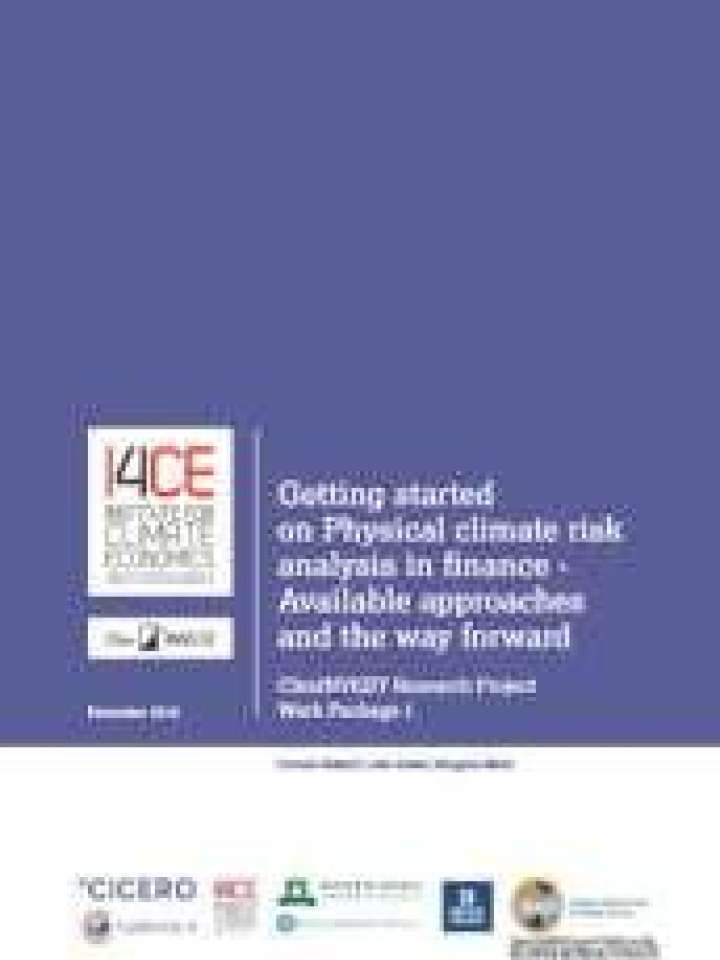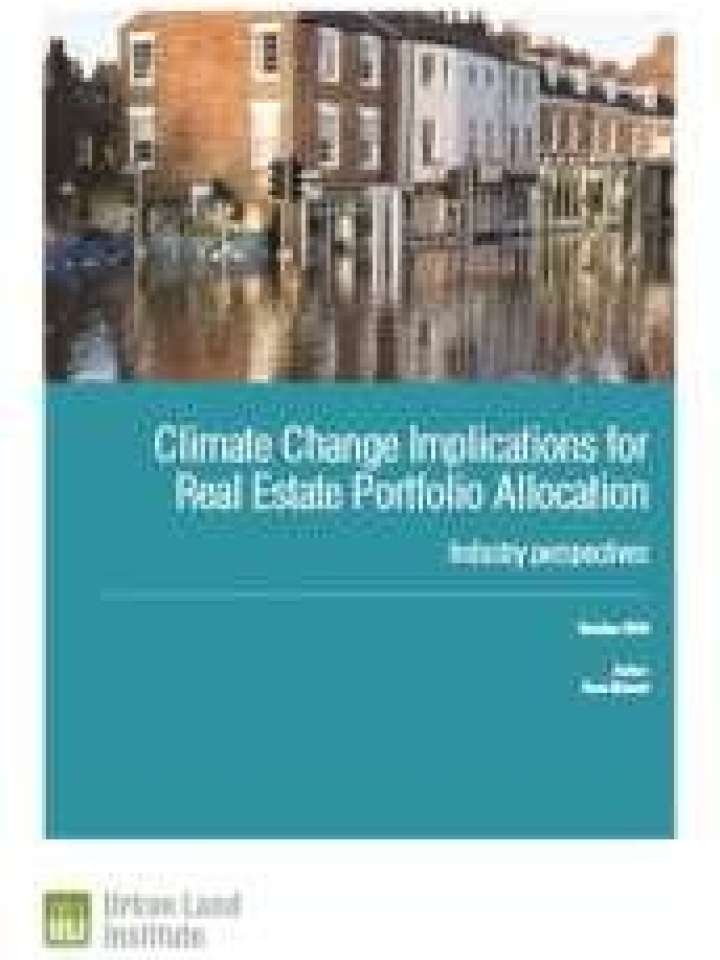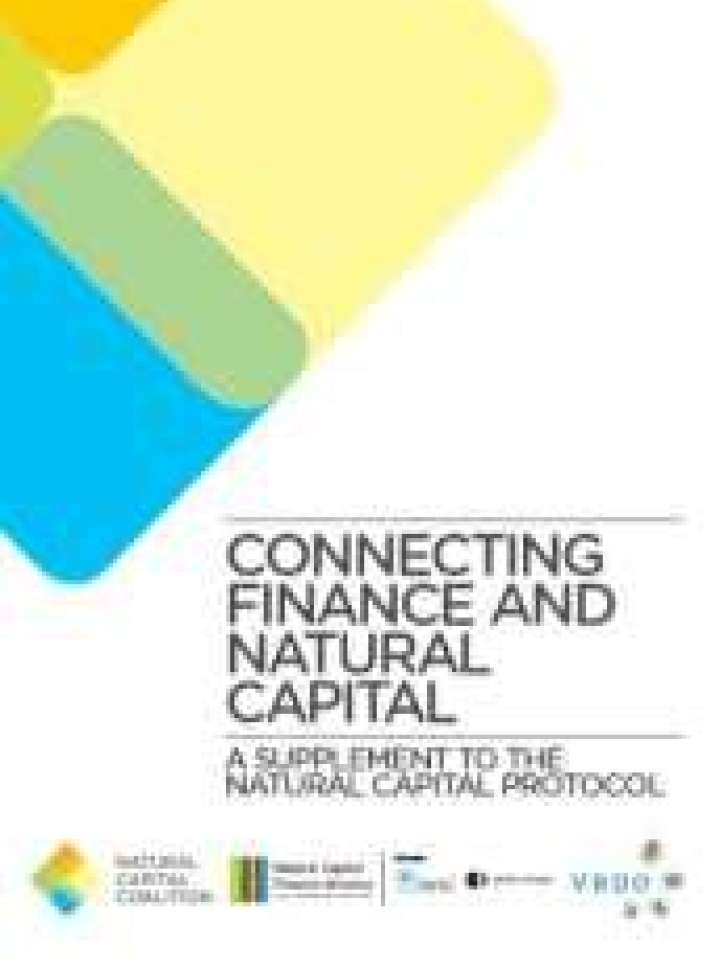Please help us improve PreventionWeb by taking this brief survey. Your input will allow us to better serve the needs of the DRR community.
- Home
- collections
Assessing and disclosing climate-related financial risk
Image

Introduction
Physical climate risk has emerged as a prominent threat to the financial sector and the global economy. Understanding investments exposure to risk from climate hazards is a critical step toward building resilience.
Knowledge base
Is this page useful?
Yes No Report an issue on this pageThank you. If you have 2 minutes, we would benefit from additional feedback (link opens in a new window).





